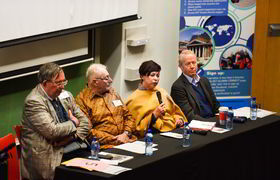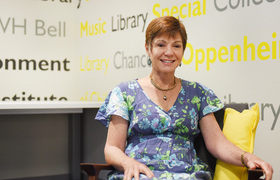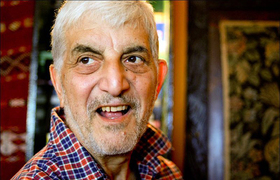Unbanned books now important historical artefacts
25 September 2018 | Story Nadia Krige. Photos Je’nine May. Read time 6 min.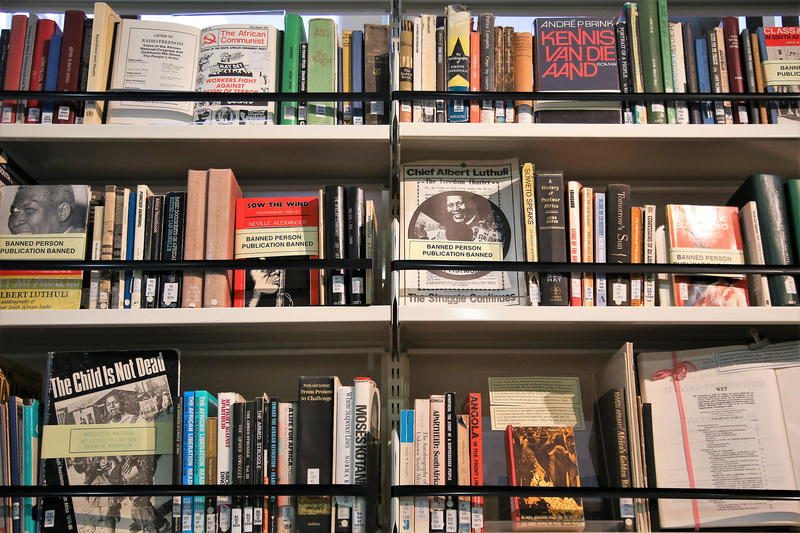
Books, films and publications that were once banned by the apartheid regime in South Africa will be on display until 5 October as the University of Cape Town (UCT) marks Banned Books Week.
The theme for this year’s global Banned Books Week event, “Banning Books Silences Stories”, is aimed at raising awareness of the need to speak out against the rising tide of censorship. Launched in 1982, the event was a response to the sudden surge in the number of books that were being challenged in schools, bookshops and libraries.
The idea is to bring together the entire book community – from librarians and booksellers to journalists, teachers and readers – in shared support of the freedom to read, and to seek and express ideas, no matter how unorthodox or unpopular.
“This year’s theme particularly resonates with us, because for 40 years, the apartheid government entrenched the ideology of separation by silencing dissenting voices through legislation,” said Nikki Crowster, deputy director of Information Systems and Resources at UCT Libraries, during the opening of the exhibition last week.
“The apartheid government used the power ... to censor movies, plays, books and other creative work that challenged the notions of white, Anglo-Saxon Protestant supremacy in a heteronormative world.”
A South African perspective
Between 1950 and 1990, 26 000 books were banned under the apartheid regime’s Publications Act of 1974. Apart from this, the Suppression of Communism Act 44 of 1950 was also used to ban thousands of people, isolating them from society and rendering it impossible for them to speak publicly or share their thoughts, ideas and philosophies in writing.
“The apartheid government used the power of these Acts to censor movies, plays, books and other creative work that challenged the notions of white, Anglo-Saxon Protestant supremacy in a heteronormative world,” said Crowster.
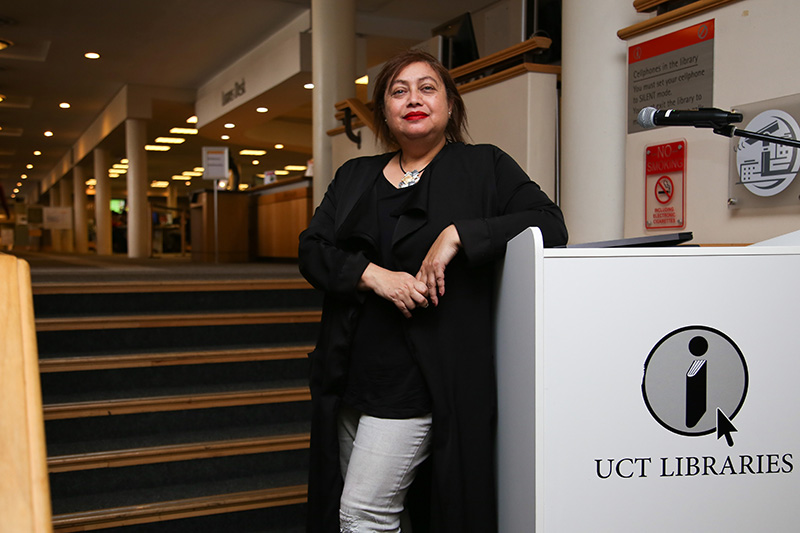
Librarians at institutions across South Africa were tasked with removing banned books and the works of banned people from the shelves, and monitoring their usage. They received a weekly update in the Government Gazette and were expected to enforce the banning of books with immediate effect.
Banned books were divided into four categories:
- Undesirable – recognised by a Y before the shelf number and only available for bona fide research and study.
- Non-possession – recognised by a YY before the shelf number and only available for loan with special exemption from the Director of Publications.
- Books by banned people – recognised by a YX before the shelf number and only available for loan with permission of the Minister of Law and Order for university staff and postgraduate students.
- Journals and publications by banned organisations – recognised by a YYX before the shelf number. Nobody was allowed to see these books/publications and they were kept in a locked room.
At UCT, all banned books came standard with the following disclaimer printed on the front page: “This notice reminds readers that the University of Cape Town is opposed to the state’s system of censorship, which undermines academic freedom and restricts the potential contribution of this university and others to South African society. The university is required by law to comply with the rules and regulations pertaining to censorship, but does so under protest.”
After 1990, many of these books were marked with an “UNBANNED” stamp, which makes them important historical artefacts today.
UCT’s priceless collection
With a wealth of once-banned books across its libraries, UCT decided to turn them into a collection of their own, but to distribute them among the shelves, allowing them to take up their rightful positions once more.
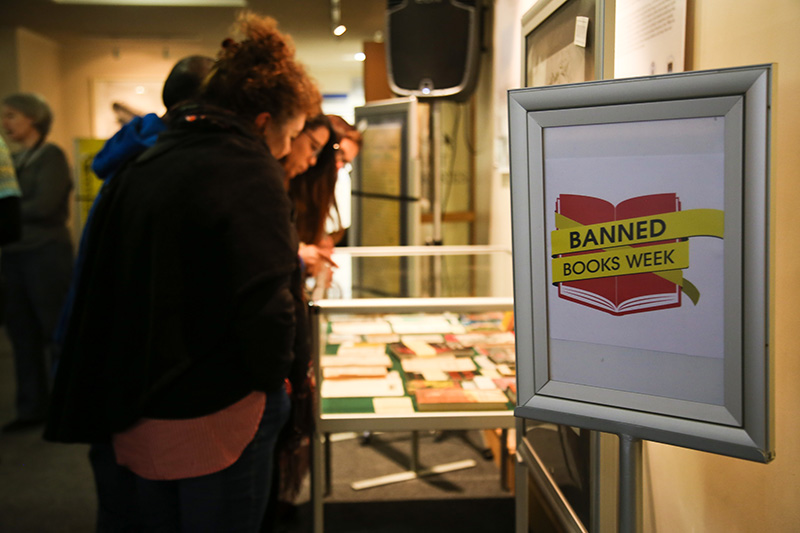
“People may take a book out, but not even realise that it forms part of a heritage that used to be banned,” said Renate Meyer, head of Special Collections.
“So, for this exhibition, we’ve gathered these banned books from all the branch libraries, main libraries and special collections to raise awareness about their historical importance.”
The exhibition includes a huge array of books that were banned for an astonishing range of reasons.
“Here are books that challenged the limitations of the apartheid ideology and its brutal stranglehold through violence on black people; books that told of love across colour lines and of normalcy equal with white people; of successful black people and books that showcase the formidable intellectual giants, such as Steve Biko,” said Crowster.
At the height of apartheid, members and affiliates of the South African Communist Party (SACP) were heavily persecuted. To ensure that the party’s message could still reach the public, without endangering its members, it began publishing issues of its quarterly magazine, The African Communist, with decoy covers. The covers camouflaged the banned magazine to make it look like an inconspicuous recipe booklet or birdwatching guide. This allowed it to continue circulating and being read without persecution from the authorities.
The exhibition is a sobering reminder of South Africa’s dark past and serves as a cautionary tale for the future.
Crowster added that the library invited feedback from students, staff and visitors through social media or via email.
- The exhibition, curated by UCT Libraries’ Special Collections unit, is open to UCT students and staff, as well as the general public on request and can be found in the foyer of the Chancellor Oppenheimer Library on upper campus. Visit between 08:30 and 17:00 on weekdays, and between 09:00 and 12:00 on Saturdays, until 5 October.
- To find out more about UCT’s banned books and the exhibition, watch this video: https://vimeo.com/290688554
 This work is licensed under a Creative Commons Attribution-NoDerivatives 4.0 International License.
This work is licensed under a Creative Commons Attribution-NoDerivatives 4.0 International License.
Please view the republishing articles page for more information.







